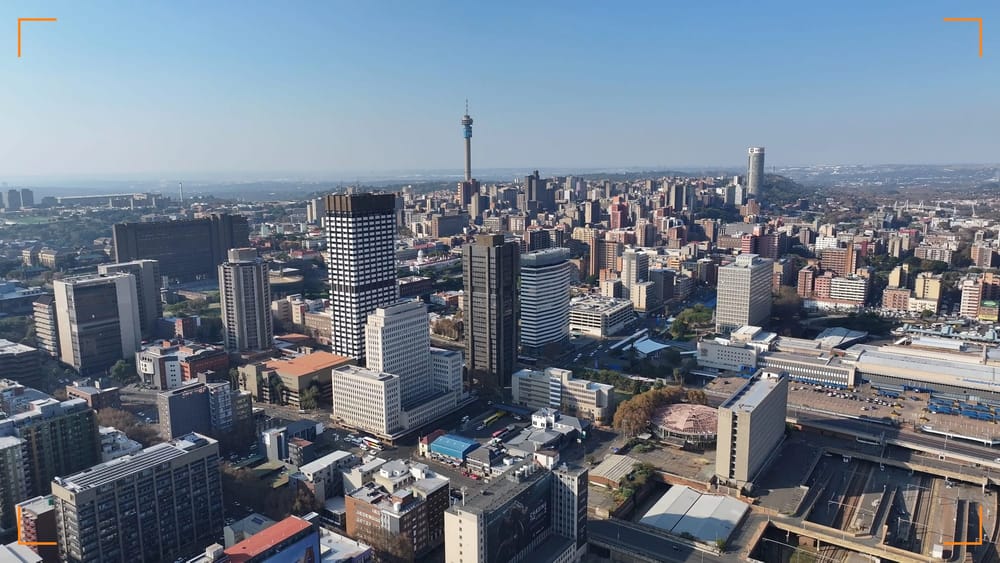Americas - North America RegionalPULSE: 19 SEP 2025
Geopolitical & Security Analysis Regional Report

Report Details
Initial Publish Date
Last Updated: 19 SEP 2025
Report Focus Location: Americas - North America
Authors: DA
Contributors: GSAT
GSAT Lead: MF
RileySENTINEL provides timely intelligence and in-depth analysis for complex environments. Our global team blends international reach with local expertise, offering unique insights to navigate challenging operations. For custom insights or urgent consultations, contact us here.
Report Summary
This study presents a thorough examination of the current geopolitical and security environment throughout the Americas, with an emphasis on high-profile developments in North America.
- Mexico-China Trade Tensions: New 50% tariffs on Chinese, Indian, and South Korean imports heighten trade frictions, with Beijing threatening retaliation ahead of the 2026 USMCA review.
- Cartel Money Laundering Networks: U.S. Treasury alerts expose $312 billion in suspicious transactions between 2020–2024, revealing Mexican cartels’ reliance on Chinese networks and shadow banking systems.
- El Salvador’s Reserve Diversification: A gold purchase increased holdings by 31.8%, complementing controversial bitcoin reserves. Concurrently, new tax incentives aim to attract geothermal investment, strengthening renewable energy ambitions.
- Cuba’s Energy Fragility: A nationwide blackout underscored systemic vulnerabilities in the grid. Despite partial recovery and Chinese-backed solar projects, chronic outages, declining oil imports, and public discontent remain critical risks.
- Guatemala-Belize Border Dispute: Guatemala rejected Belize’s sovereignty claim over Sarstún Island and reported recent incursions, while reaffirming commitment to resolve the century-old dispute through the International Court of Justice.
- Dominican Republic Migration Crackdown: Over 215,000 Haitians deported in 2025, including pregnant women detained in hospitals, amid heightened border militarization. The policy draws international criticism and risks labor shortages.
- Child Trafficking Along DR-Haiti Border: Arrests in Ouanaminthe revealed networks luring minors with false job promises, highlighting systemic poverty, institutional weakness, and cross-border vulnerabilities.
- Haiti’s Security Collapse: Gangs control 90% of Port-au-Prince, with massacres in Laboderie underscoring extreme violence. U.S. flight restrictions extended to March 2026 further isolate the country and deepen the humanitarian crisis.
- Nicaragua’s Growing Isolation: The U.S. designated Nicaragua a key drug trafficking hub, withdrew the DEA, and expanded sanctions, eroding regional trust in Ortega’s “muro de contención” strategy.
- United States Domestic Security Strategy: Trump’s deployment of the National Guard and federal agencies to Memphis, with Chicago next, reflects an increasingly interventionist crime-control approach, sparking debates over militarization.
- Canada’s CUSMA Preparations: Ottawa launched consultations ahead of the 2026 review, while Prime Minister Carney signed a new strategic partnership with Mexico to strengthen infrastructure, security, and environmental cooperation.
- Panama’s Energy Strategy: Plans for a 77-km gas pipeline by 2027 aim to restore market share in Asia and reinforce Panama’s role as a global energy transit hub.
- Costa Rica’s Prison Initiative: Approval of a $35 million maximum-security facility inspired by El Salvador’s model signals a tougher approach to crime, though with more flexible inmate policies.
- Honduras Migration Setback: A U.S. appeals court authorized the termination of Temporary Protected Status (TPS) for 60,000 Hondurans, ending decades of legal residency and work authorization, with significant humanitarian consequences.
Remaining content is for members only.
Please become a free member to unlock this article and more content.
Subscribe Now





